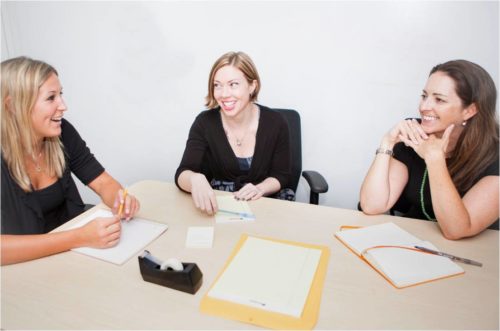~by Michael.Hall~
“In life, the person with the fewest blind spots win.” Farnam Street, The Great Mental Model
“To know that we know what we know and that we do not know what we do not know, that is true knowledge” Confusius
As a Meta-Coach, here is something you can reasonably expect every single time your coaching client comes in and sits in your coaching chair- your client has numerous blind spots. That’s because all of us human beings have blind spots. True enough, the more personal development that you have achieved, the more intra-personal intelligence you have developed, the more feedback from others you have received and explored- the fewer blind spots.
But always- there are blind spots. To be human is to be blind to ourselves.
What is your client blind to?
A whole lot of things! He is especially blind to his frames. For most coaching clients, whatever is stopping them from reaching their desired outcomes or even establishing a desired outcome,
is due to some frame. That’s really why we need each other. I can see you frames much easier and quicker than I can see my own frames. After frames, there is the blindness to thinking patterns. Your client will usually be fully aware of what she is thinking, but not how. That she will need to learn. That’s why meta-programs are so important in coaching – most people are blind to their own meta-programs.
What else?
There are premises and assumptions, and there are all sort of habits that we’re blind to, especially our defence mechanism habits. Then there a person’s belief opposites. That’s because when you have a belief, you have a self-fulfilling phenomenon so that you see what you believe you will see. And you will not be able to see what you don’t believe in.
Clients are also blind to what is not happening, to the absence of something. Ask, “What did not happen?” and you can help to open up sight to that area of negation. And there’s more. Systems- every system you are a part of- you are also equally blind to.
For babies, what is out of sight is out of mind. That’s true for the young infant because they do not have “constancy of representation.” It is also true for you and me. What is out of our mental sight is also out of mind.
It is there, perhaps even in plain sight, but if you do not have a mind that can see it, embrace it, explore it- you will be unconscious of it. And it can (and will) operate anyway- just outside of your purview.
How do you coach to your client’s blind spot?
First, be sure to set frames with all of your clients that your job as a Meta-Coach is to challenge them and that will sometimes means exposing blind spots. In that way you can prepare your clients to anticipate you presenting what may be outside of her conscious awareness. Next, be sure to offer an inspirational reason for
this blind-spot challenge. For examples, you can’t change what you’re not
aware of, so first awareness. Blind-spots are often the cause of problems blocking expertise or success in reaching a goal, by eliminating the blind-spot you are more free to actualize your highest values.
We challenge blind–spots so that we can live mindfully.
Then what is outside of consciousness will be less likely to trip you up. Given that we have a tendency to ignore disconfirming information and to confirm what we already know (the confirmation bias), it is a true gift for a coach to bring into the light what a client has been blind to.
When you bring up something that seems present in a client’s thinking, emoting, speaking, and behaving that is outside of the client’s awareness- you can expect that the person will at first deny it. After all, he does not see it. Let it go. If it is a pattern, it will come up again. When it does, present it … You may have to do that several times. For a coaching client, when you have done this two or more times, they will begin to suspect that there’s something here and become curious and open. A therapy client will get more and more defensive- that’s a signal that it is time to refer.
Coaching blind spots is one of the great reasons for coaching.
That’s because you cannot self-coach your blind spots. While self-coaching goes a long way- the one thing you cannot coach are your own blind spots. When it comes to a blind spot, get a coach!
Here’s to things going right more and more in your Meta-Coaching!


